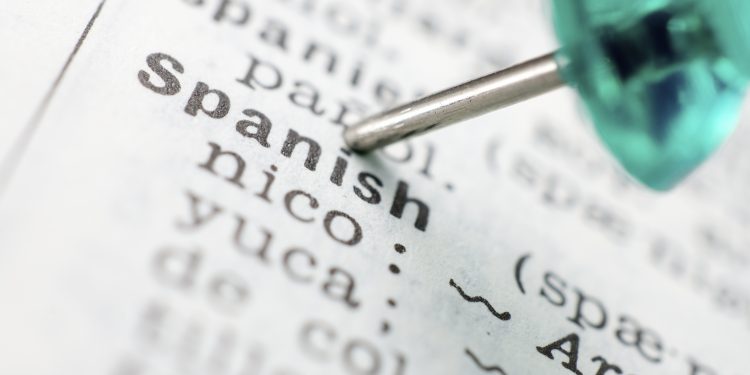Apologizing in Spanish can be complicated if you get into the semantics of the verb disculpar, which means to excuse or exonerate, and its noun form, disculpa.
When someone apologizes for some wrong done to another, it’s as common in Mexico to hear pido una disculpa (I ask you to forgive me) as it is to hear ofrezco una disculpa (I offer an apology).
Disputes arise with the expression pedir una disculpa. Some, including the Spanish Royal Academy (RAE), say that it can mean ask to be forgiven or excused, while the Mexican Language Academy (Academia Mexicana de la Lengua) says una disculpa —in this sense, an apology— can only be demanded by the offended party and offered by the offender.
Each draws a different conclusion using the same definition of disculpa.
The Mexican academy argues that since disculpa isn’t a precise synonym of perdón (pardon or forgiveness), it shouldn’t be substituted for it. The RAE suggests that if the verb disculpar can be used to mean to ask forgiveness, then the noun disculpa can also be a synonym of pardon or forgiveness.
With two such authorities in disagreement on matters pertaining to the correct use of language, the best mere mortals can hope to do is take a look at (or listen to) how Spanish speakers in Mexico go about apologizing for their misdeeds or negligence in daily life.
Starting with an easy one. You bump into someone on the Metro or on a crowded street. “¡Perdón!” or “disculpe” —(sorry!)— is usual, and enough. Often both parties will apologize in this way at the same time, in which case one may assume the disculpa is simultaneously requested and granted. Note “disculpe” is the polite or formal form of the imperative, implying usted whereas the informal form of the verb would be “disculpa.”
For more egregious offenses, one is more likely to ask for out and out forgiveness than to offer an excuse. “Perdóname” or “te pido perdón,” although “discúlpame” is also common. “Lo siento” is another way of saying I’m sorry.
While there is no dispute among Spanish speakers that ofrecer una disculpa is correct, to the English-speaking mind (and to the extent that language affects our way of thinking, if anyone would like to go down that rabbit hole) it can sound a bit like the offender offering to forgive himself or herself.
But se disculpó means the person apologized, not that the person forgave themselves. Or as RAE notes above, disculparse in this sense can mean to justify, and it gives the example of someone blaming the traffic for their tardiness to some engagement.
If this PinPoint Spanish article creates more confusion than it clears up, de antemano una disculpa.
Mexico in your inbox
Our free newsletter about Mexico brings you a monthly round-up of recently published stories and opportunities, as well as gems from our archives.




